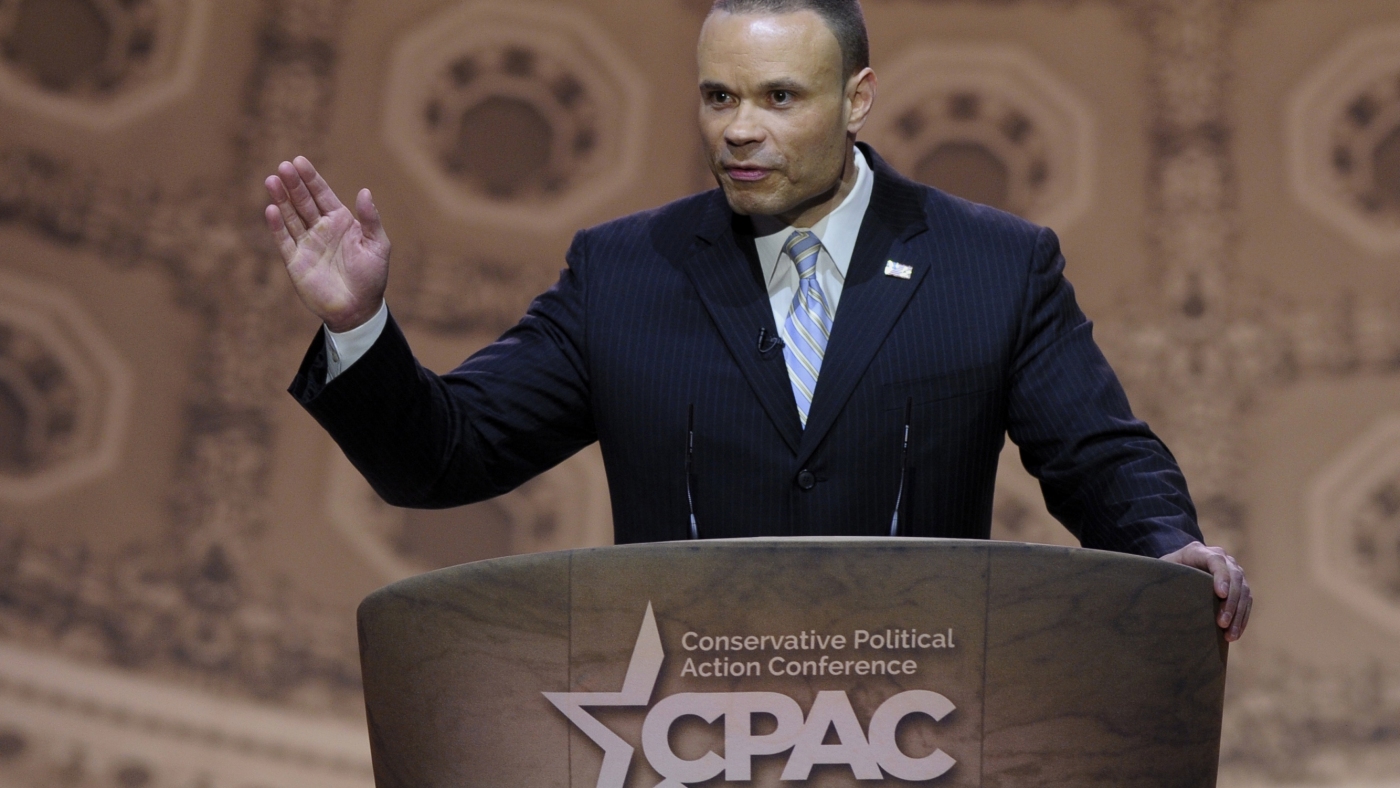Breaking: Trump Taps Conservative Firebrand Dan Bongino for Top FBI Leadership Role

President Trump's latest appointments to the Department of Justice signal a potentially controversial shift in federal law enforcement leadership. By positioning two of his most loyal supporters at the helm of this critical agency, Trump appears to be strategically reshaping the organization's top ranks during a politically charged moment.
Democratic lawmakers and political observers have raised significant concerns about the potential implications of these appointments. They worry that the new leadership could be used as a tool to target political opponents or pursue personal vendettas, rather than maintaining the traditional independence and impartiality of federal law enforcement.
The selection of these staunch Trump allies comes at a time of heightened political tension, where the boundaries between political loyalty and institutional integrity are increasingly blurred. Critics argue that such appointments could undermine the fundamental principles of justice and equal treatment under the law, potentially transforming a respected federal agency into an instrument of political retribution.
As the new leadership takes control, the nation watches closely, anticipating how these changes might reshape the landscape of federal law enforcement and the delicate balance of political power in Washington.

